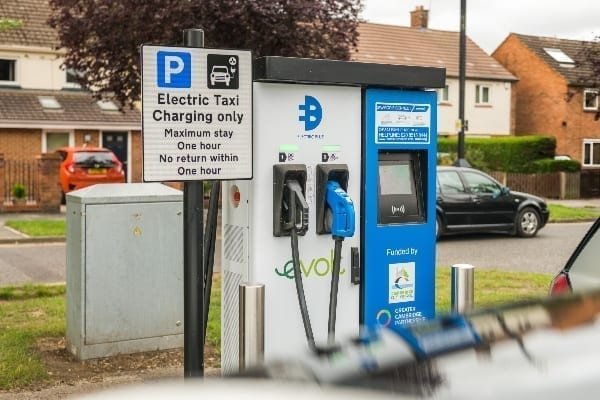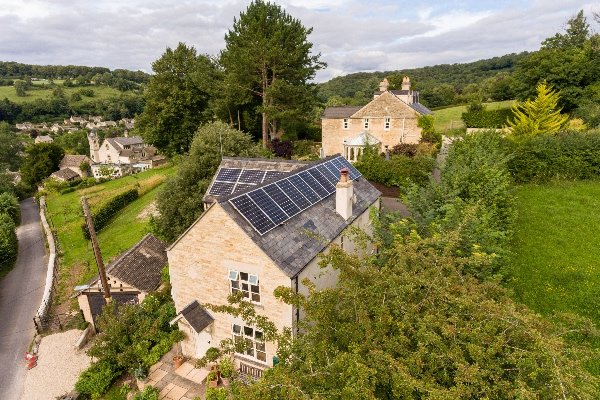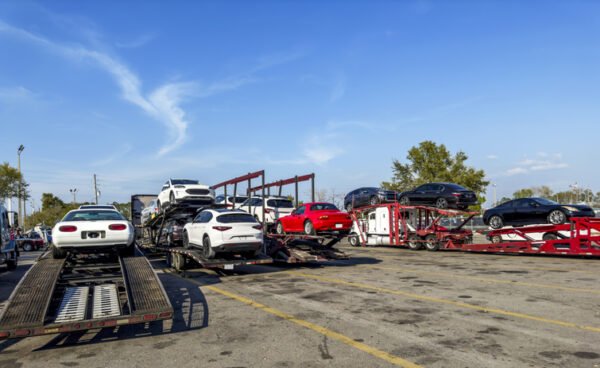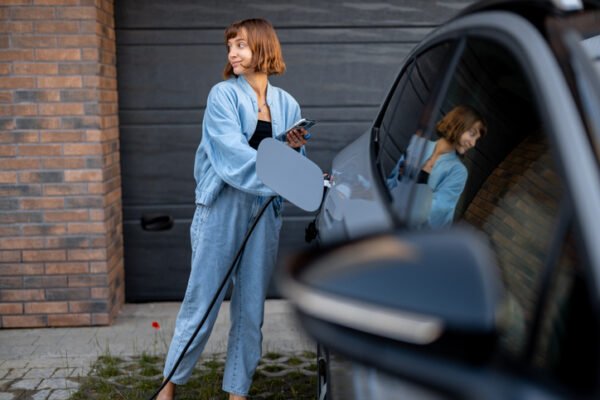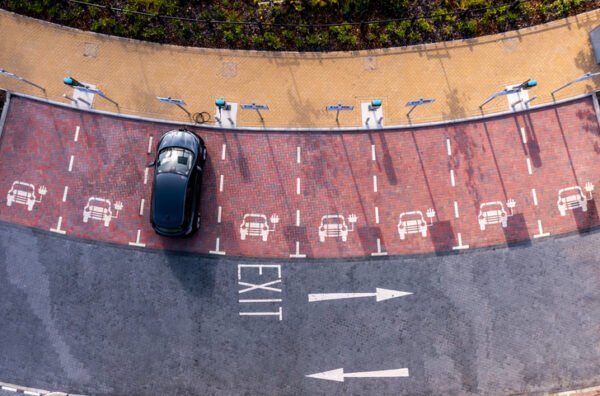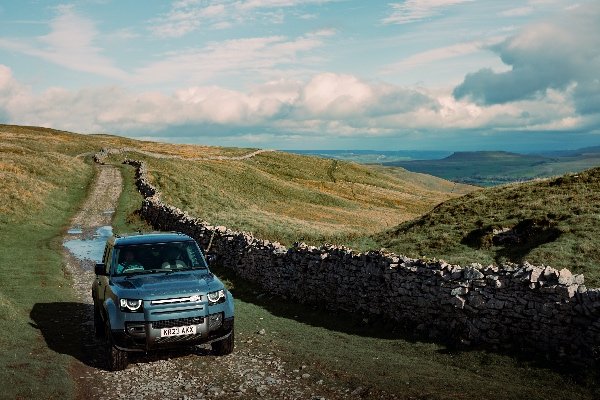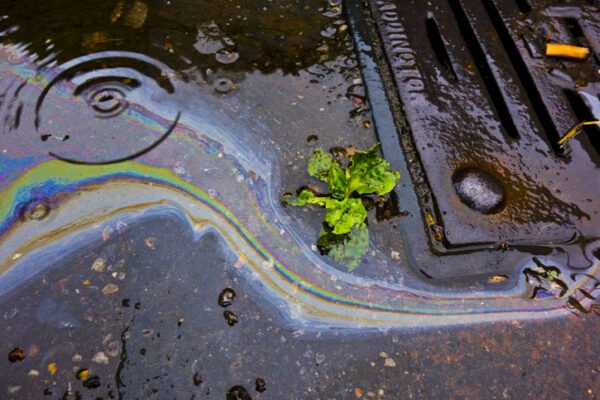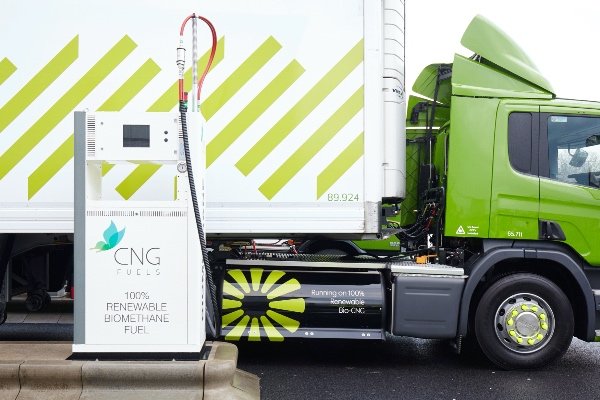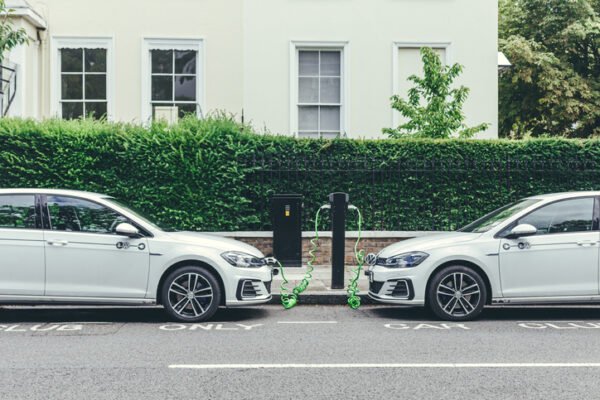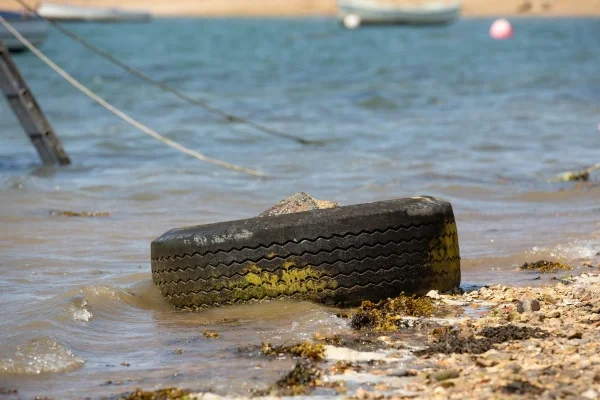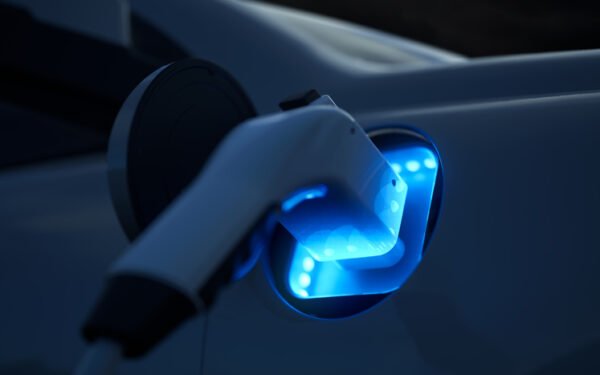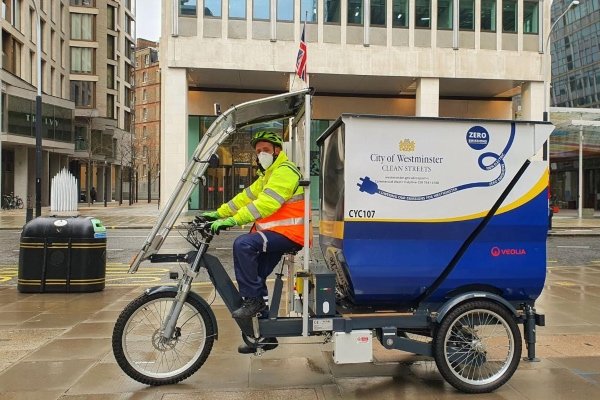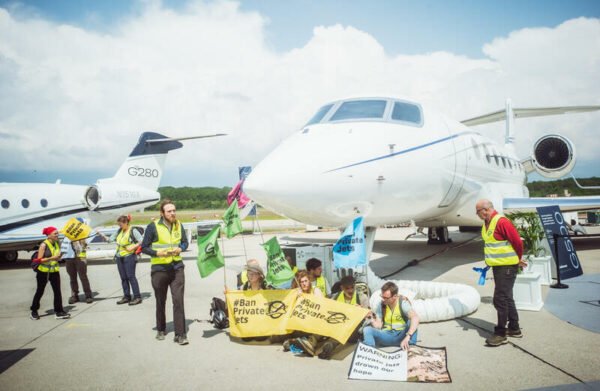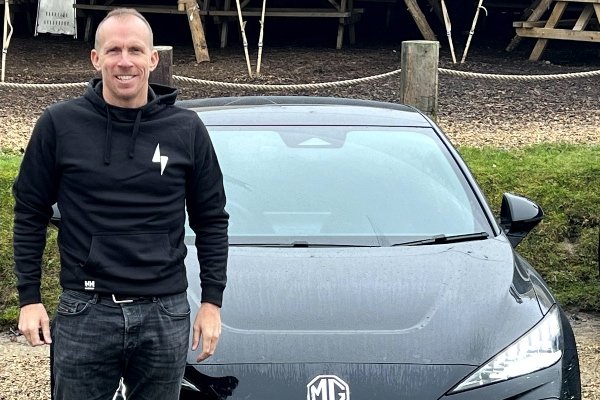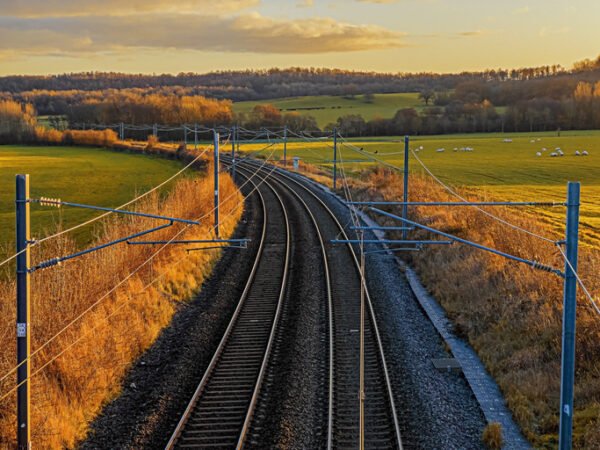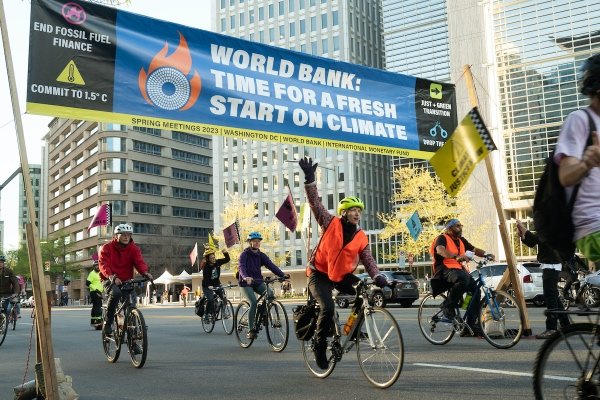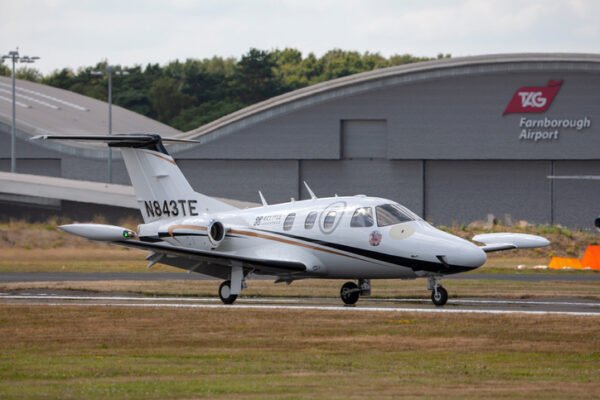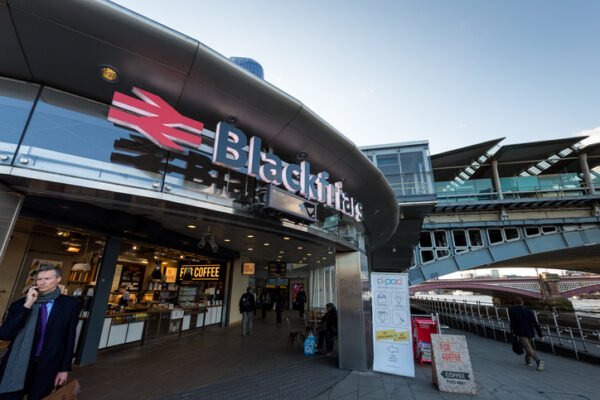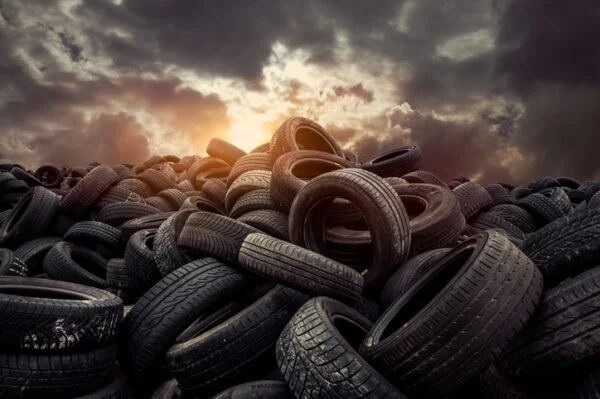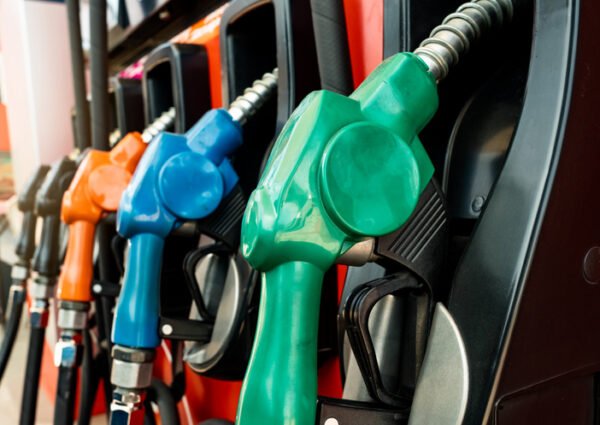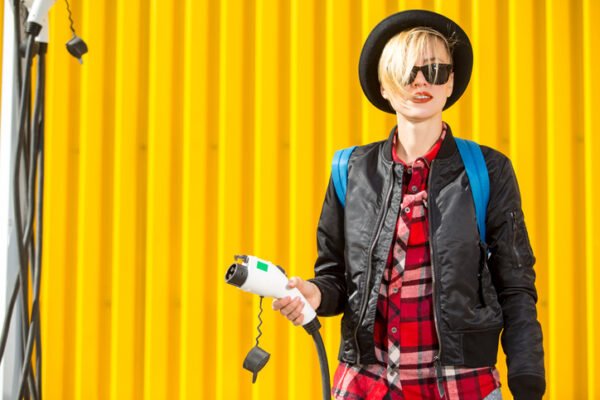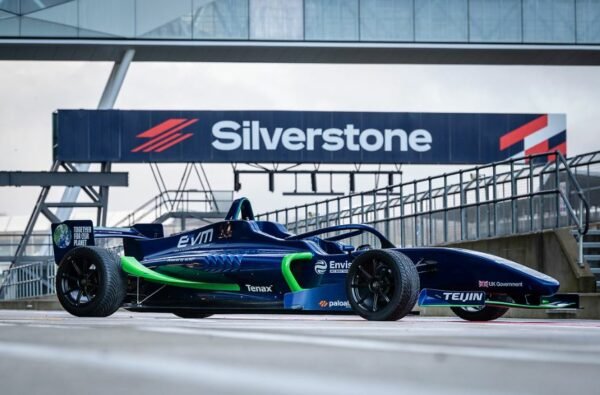This article first appeared in our Restoration Revolution issue of MyGreenPod Magazine, distributed with The Guardian on 06 Sept 2019. Click here to subscribe to our digital edition and get each issue delivered straight to your inbox
According to the Royal College of Physicians, every year an estimated 40,000 premature deaths in the UK can be attributed to poor air quality, with an annual cost to society of £20bn. At the same time, the UK Government is facing substantial fines from the EU for repeated breaches of air quality directives.
Together, these factors have placed air quality firmly on the political agenda, and led citizens to demand action.
Air quality in Cambridge
Like many urban areas, Cambridge has an air quality problem. Despite bike use being among the highest in the UK, Cambridge has a congested road network and the average level of nitrogen dioxide (NOx) in the city centre is above the health-based National Air Quality Objective (NAQO) level.
In recent years air quality has been improving, slowly, in most parts of Cambridge, but there are parts of the city, including the busy central streets, where levels NOx continue to be higher than the legal limits.
The main source of NOx in Cambridge is from vehicle emissions, so Cambridge City Council has developed an Air Quality Action Plan that focuses on ways to reduce these emissions as well as other sources of air pollution.
With an estimated 80% of locally derived NOx emissions in Cambridge city centre caused by traffic and 9% by taxis, the council has set a target for 30% of the city’s taxi fleet to be electric or petrol hybrid by 2023 – and 100% electric or petrol hybrid by 2028.
Building a new network
Cambridge City Council has commissioned Swarco and its partner, Electric Blue, to create a network of 18 Rapid (50kW DC, 43kW AC) and three Fast (7kW AC) electric vehicle (EV) chargers, each with two charging bays, strategically located to support the use of electric taxis (e-Taxis).
Founded in 2015, Electric Blue provides EV chargers and services for the UK taxi market, for both public and private use. All its EV chargers are powered by suppliers that provide 100% renewable energy.
Electric Blue was one of the first companies to focus on e-Taxis and has several local authority customers in Hertfordshire, Coventry, Sunderland, Oxford, Essex and the North East. Its target is to support the conversion of over 315 e-Taxis within five years.
While there’s no lack of local will to improve air quality, there is often a lack of funding – so Electric Blue came up with an innovative way to raise money in a cash-strapped sector. Its mission is to help the UK to reduce pollution, boost health and meet legally binding climate change commitments – all while seeking to deliver financial value to its customers and investors.
Raising cash for chargers
In 2018 Electric Blue launched a Bond Offer through Ethex to raise £350,000, which is being invested in the installation and management of an EV charger network to support Cambridge City Council in the drive to electrify the city’s taxi fleet. The 18 Rapid chargers and three Fast chargers will be installed in Cambridge before the end of 2019.
£250,000 has been allocated to the capital costs of the charger network, to match funds provided by Cambridge City Council and the Office for Low Emission Vehicles (OLEV). The remaining £100,000 will cover operational expenditure, including servicing and maintenance of the chargers, insurance and the back office for five years.
 Play Video about This Rock Might Just Save The World
Play Video about This Rock Might Just Save The World Play Video about Play 2 hours of rock
Play Video about Play 2 hours of rock Play Video about Play 2 hours of brook
Play Video about Play 2 hours of brook Play Video about Play 2 hours of sheep
Play Video about Play 2 hours of sheep

















